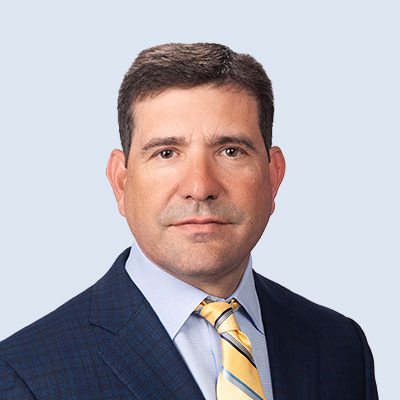Sales Force Turnover and Sales Compensation
In 2021, turnover within the healthcare industry was reported to be in the 15-20% range. Undoubtedly high compared to previous years. As we get deeper into 2022, many leaders are wondering what the turnover rate will look like this year. With turnover and compensation closely intertwined, one question becomes top-of-mind: what will that mean for cost?
Jeff Danes, a consultant at Alexander Group, interviewed Craig Ackerman, an Alexander Group principal and leader of our healthcare practice, about the results of our recent COVID Impact Survey as they relate to salesforce turnover and compensation in the healthcare industry.
Many of the commercial leaders surveyed believe that turnover rates will drop. However, based on Craig’s experience in the industry, barring a major economic event forcing rates down, he thinks that they will remain high, putting upward pressure on compensation.
Craig emphasizes that it is important to pay attention to inflationary pressures. When looking at compensation data it is essential to remember that being at benchmark means you might already be falling behind. With current inflation running north of 5%, employees and prospective employees will, in all likelihood, ask for higher compensation simply to offset those pressures.




